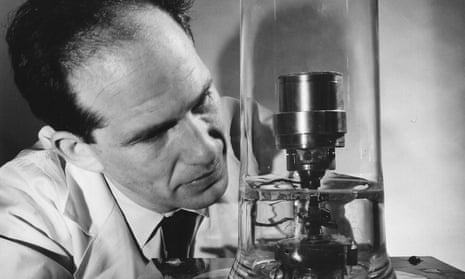At a time when many people were trying to flee Hitler’s regime and the world was on the brink of war, the Kindertransport scheme saved thousands of children who otherwise would have been sent to death camps. Jewish and Quaker groups appealed to the then prime minister, Neville Chamberlain, and a bill was passed to temporarily waive the immigration requirements for unaccompanied children to enter Britain. Ten thousand children travelled to the UK.
Today the government is under pressure to allow 3,000 refugee children displaced by conflict in the Middle East to travel to Britain. After a proposal was refused by a small margin in the House of Commons on Monday, peers passed an amendment calling for an unspecified number of children to be accepted. The measure will return to the Commons for consideration next week.
Here some Guardian readers who benefited from the Kindertransport tell us why Britain should do everything it can to help Syrian child refugees.
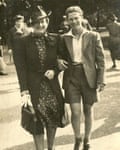
‘If these children were allowed to come here they could contribute so much’
Born in Vienna in 1925 and later a resident of Prague, Ben Abeles was 14 when he left Czechoslovakia for London in July 1939. “I was very excited as I couldn’t wait to get away from home,” he recalled, speaking from his home in Leicester. “I think it was different for girls and younger kids, but for us boys it was a big adventure.”
Ben lived with his sister and parents close to Prague’s main railway station, and some of his relatives lived in Sudetenland, the German-occupied area of Czechoslovakia. “The night before I left, the whole family gathered together,” he said. “My father was walking me up and down the platform and reminding me to brush my teeth. My mind, however, was just on the train leaving.”
As a young boy immersed in the journey ahead, Ben felt like a character in the adventure books he had read. “It was a thrilling experience,” he said. “We went through Germany and all the railway stations had flags of swastikas and big portraits of Hitler. I had never seen open water before, so seeing the sea for the first time was an incredible experience. It made me think of Robinson Crusoe and all the stories I had heard as a child.”
Ben was never to see his family again. Before his sister and parents could join him, they were deported to concentration camps in Poland and later died.
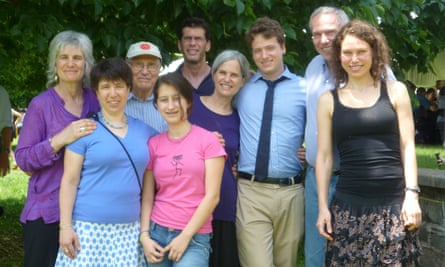
Contemplating the government’s decision to not accept 3,000 refugee children, Abeles said he was shocked by the lack of empathy. “It’s mean,” he said. “Three thousand children is a small number if we consider that 10,000 Kindertransport children came [to the UK]. There was no limit actually but they stopped arriving because the war broke out. If it wasn’t for Nicholas Winton [who saved 669 children from Czechoslovakia on the eve of the war], we wouldn’t have been able to contribute so much to this country and the world. Out of those who came here, at least one is a Nobel prize-winner.”
He said allowing child refugees to come to the UK would provide them with opportunities that would change their lives. “It’s very sad you know – I just don’t understand,” he said. “There was so much generosity when I was younger and sometimes children were taken by people who were quite poor. My experience wasn’t a typical example but this country has had a tradition of generosity providing asylum, so this is very out of character. If these children were allowed to come here, they could contribute so much.”
‘We were given opportunities that we probably would not have had’
Freddy Kosten was 10 when he and his sister, Claire, who later became headteacher of Primrose Hill Primary School, left Vienna for their new life. “I remember our parents waving goodbye on a platform of a train station. We blew kisses to each other but I was more interested in the journey. We were one of the last Kindertransports to leave the country and travel to the Hook of Holland.
After studying at Imperial College, Freddy became an engineering geologist, and he said his life’s work in dam site selection and investigation in some of the poorest countries was partly down to the Kindertransport. “I’ve always felt we were exceedingly lucky, to put it lightly. Most of my life I tried to provide water to those who needed it in places like Ghana, Nigeria, Kenya and Tanzania. It wasn’t consciously done but I like to think it was part of giving something back to the country that helped us. For us, bad things turned into good things. We were given opportunities that we probably would not have been given in Vienna.”
On arrival in London, Freddy and Claire were taken in by the actor Constance Cummings and her husband, Benn Levy. “It was only when most of the children had gone that a glamorous lady came over to say she was picking us up on behalf of her friend,” he said. “We rode in a Rolls-Royce to their house in Old Church Street – it was quite the welcome. It didn’t affect me much though as I thought it was the norm. Constance and Benn didn’t have children at the time so we were given a lot of freedom to play in their large garden.”
Now 87 and living in Finchley, north London, Kosten is thankful that his hosts were active in helping people get out of Europe. “It is due to their efforts that my mother and father were able to escape,” he said. “My mother came straight to London and joined us in our home in Chelsea. My father joined an agricultural setup in Kent where refugees worked on the land as part of a semi-internment. He joined us for a short period of time before being sent to the Isle of Man.”
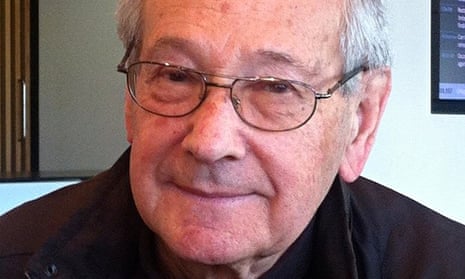
He said he understood the concerns of MPs. “I see the problems with the government refusing,” he said. “I would like them to accept children in need but the numbers now involved are so frightening. I don’t think Kindertransport children are the best examples. It was very strictly controlled and had a lot to do with quota. You could only come if you had someone waiting for you. This approach is no longer feasible today. It’s a very depressing situation.”
‘It was 10,000 children back then. It’s not really beyond our capabilities to help now’
Susi Bechhöfer and her twin sister, Lotte, were three years old when they were evacuated from Germany in 1939 on one of the earliest Kindertransport rescue missions. Unable to provide them with a stable life, their parents (of Jewish and German heritage) placed them in an orphanage, visiting them on a weekly basis. Though her life in the UK hasn’t been easy, Bechhöfer is still thankful to the UK government for having supported the scheme. Turning 80 next week, she feels very strongly about this government’s failure to agree on taking in child refugees. “There were 10,000 children and every child had somewhere to go, be it a hostel or foster homes. Even castles were used. Today’s numbers are only 3,000 so it is really not beyond our capabilities to help them. If organisations such as the Association for Jewish Refugees and the Quakers could help organise Kindertransport, so can we.
“It’s about humanity and compassion but it’s quite simply also down to who is in government at the time. Humanity and compassion don’t seem to be a part of the current government’s brief. There’s either none of it or not enough. These children need people who can help. Anything is better than them being in camps like those in Calais.”
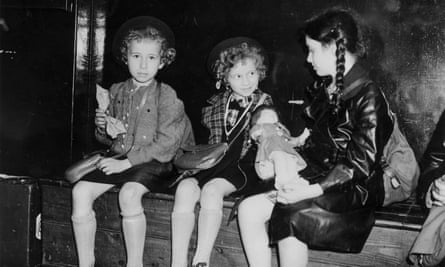
‘It was an issue of life and death for us and it is the same for the children today’
Gregory Gerhard Baum is 92 and lives in Canada. “I come from a middle-class family of Jewish background but I was brought up Protestant. As a Jew it was dangerous for me to remain in Germany after Hitler enforced his racial laws. When I was 15 a friend phoned me telling me there was still room on a new Kindertransport. I telephoned, put my name on the list and a few days later I went to the station and left for England.”
Gregory, who converted to Catholicism and became a theologian, is deeply saddened by the stories of child refugees being the victims of trafficking and abuse. “I was very upset that the British government won’t accept them. I know to be rescued to a safe situation where you have a future, where you can plan your life, is terribly important and it’s this openness that I want to promote.
He got out of Germany in May 1939, leaving behind his mother, who became a nurse at a Jewish hospital. “Though she died from meningitis in 1943, I’m grateful that she was saved from being transported to the camps in the east.”
Life wasn’t easy when he arrived in Britain. With no work permit, the only job he was allowed to take was as a farm worker, in Nantgarw in south Wales. After a year he was interned and sent to Canada, where he studied theology, specialising in ecumenism and interfaith dialogue. He was a theological adviser (known as a peritus) during the Second Vatican Council, when he worked on some of the documents that ushered in reforms within the Catholic church. He is now retired but still works at the Jesuit Centre for Justice and Faith.
“I was really grateful for Kindertransport as it allowed me to leave. Had I not left Germany I wouldn’t have been able to survive. It was an issue of life and death for us, and it is the same for the children today. Many of them are living in camps which is a wounding and frustrating experience. The little ones don’t even really understand what is happening to them. They need friendship, love and education. Why would you refuse that to children?”
